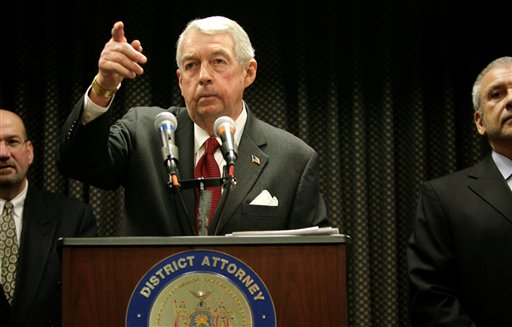Brooklyn DA candidates respond to racial disparities in marijuana arrests

Black people in Brooklyn and Manhattan are almost 10 times more likely than white people to be arrested on low-level marijuana possession charges, and similar racial disparities can be seen around the largest cities in upstate New York, a civil rights group charged Thursday.
The New York Civil Liberties Union’s analysis of statewide low-level arrests and summonses for violations and misdemeanors from 2010 came two days after its parent organization, the American Civil Liberties Union, reported that blacks nationwide face marijuana arrests more than whites even though marijuana use by both races is similar.
The challengers for Brooklyn District Attorney have each expressed concern with the racial disparity outlined in the NYCLU’s report. “Too many young people of color are being arrested for low-level drug charges that leave a permanent stain on their records for what should be a violation,” candidate Ken Thompson said in a statement.

Brooklyn Boro
View MoreNew York City’s most populous borough, Brooklyn, is home to nearly 2.6 million residents. If Brooklyn were an independent city it would be the fourth largest city in the United States. While Brooklyn has become the epitome of ‘cool and hip’ in recent years, for those that were born here, raised families here and improved communities over the years, Brooklyn has never been ‘uncool’.